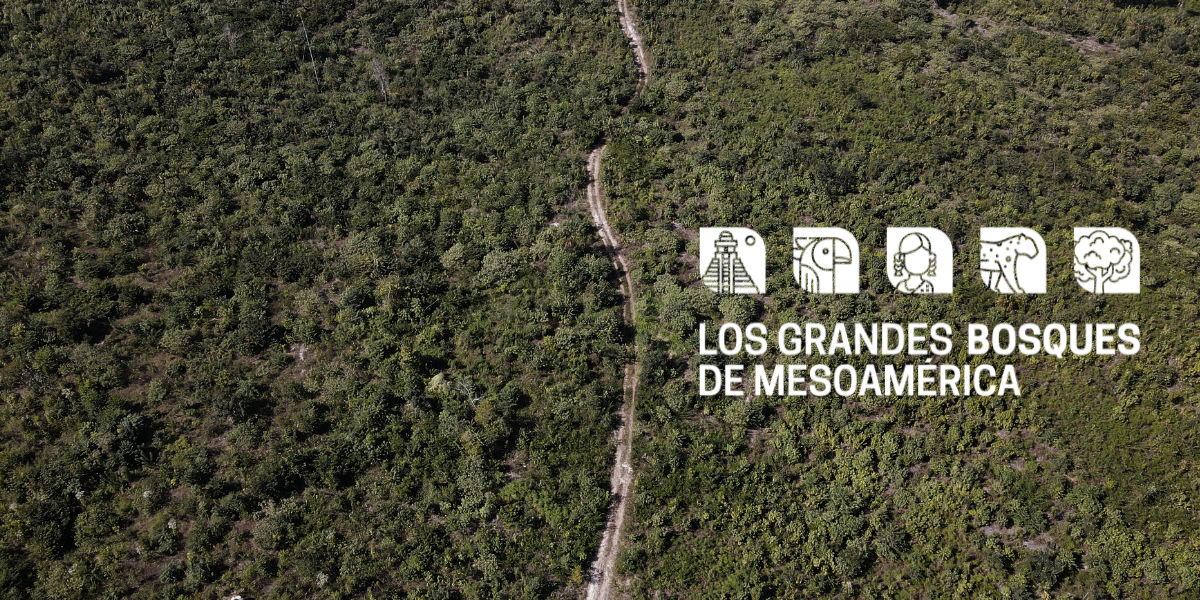
March 2024
Download the newsletter
This newsletter includes independent notes about investment and results in the 5 Great Forests of Mesoamerica (5GB). It highlights the participation in the COP 28 within the SICA Pavilion with Team Europe, new implementers of the European Union in the Program. At the same COP, Debora Sanchez, Director of CLARIFI, shares her reflections on the human right to a healthy and prosperous environment.
From the Maya Forest, César Paz, from WCS Guatemala, informs us about the pilot tests of forest restoration in degraded areas recovered from illegal cattle ranching. Bianca Padilla of the WCS Honduras-Nicaragua binational program presents her reflections and analysis on the importance of indigenous territories in the Honduran Moskitia. In the Advances section, on this occasion a brief review of the work in the Indigenous Regions of Panama, within the Darien forest.
Finally, we share the publications of the studies already completed by the Bioversity - CIAT Alliance on market and added value of agricultural products or forest by-products prioritized by the partner communities of the 5GB.
If you are interested in publishing in this newsletter, do not hesitate to share your information to this email.
The Great Forests of Mesoamerica at COP 28
by WCS Mesoamerica and Western Caribbean
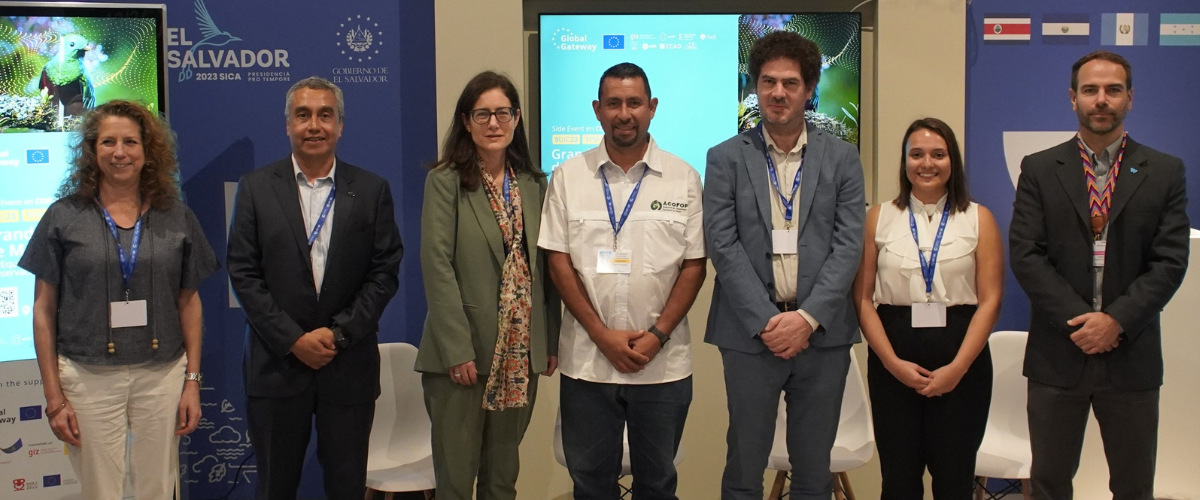
The panel of the Great Forests of Mesoamerica Program was presented at the El Salvador-SICA Pavilion during COP 28 in December 2023 with the European Team that implements it and the accompaniment of regional partners.

THE MOSKITIA (HONDURAS)
The Human Right to a Healthy Environment: Reflections from COP 28
by Deborah Sanchez - Rights and Resources Initiative

At this year's COP 28, my brothers and sisters have shared key insights that are fundamental to securing the UN's human rights agenda as well as planetary health. If the COP 28 negotiators are truly dedicated to securing our right to a healthy environment and planet, we need them to not only listen, but really pay attention and respond to what we are doing as communities on the front lines of the climate crisis.

Patrols and territorial defense in the Moskitia
by Bianca Padilla - WCS Honduras-Nicaragua
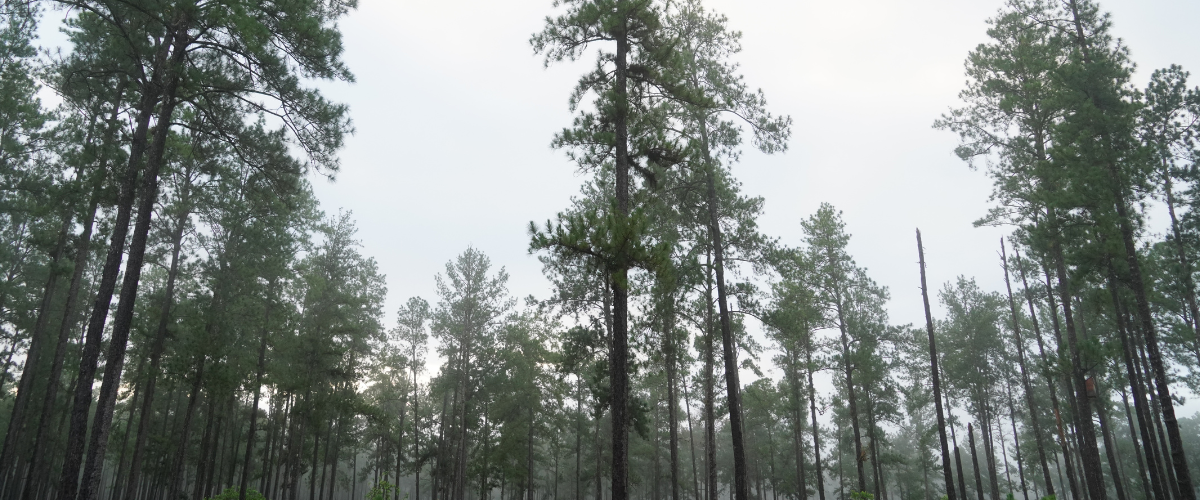
As part of the field activities carried out in the Río Plátano Biosphere Zone, Tawahka Biosphere, Warunta's proposed protected area, 52 indigenous and/or community rangers have been trained, as well as seven technicians from the Conservation Institute (ICF) and the Forestry Development, Protected Areas and Wildlife area. These trainings, carried out from October 2020 to December 2023, enabled them to carry out patrols collecting data from their observations through the use of the SMART tool.

MAYA FOREST (GUATEMALA)
Forest Landscape Restoration in Degraded Areas
by César Paz - WCS Guatemala

In the heart of the Maya Biosphere Reserve (MBR), within the Multiple Use Zone (MUZ), we face significant challenges caused by various factors, with illegal cattle ranching being the greatest environmental threat. This problem has led to massive deforestation and soil and forest degradation. Since 2009, the authorities of the State of Guatemala have joined together to initiate a valuable process of recovery of usurped territories in the "La Colorada/El Molino" Management Unit. These areas, which have been recovered, have established exotic pastures. In order to carry out the ecological reconstruction process of these areas, it is essential to initiate an active restoration process.

DARIEN (PANAMA)
Progress, Results and Reflections about the Darien
by WCS Mesoamerica and Western Caribbean
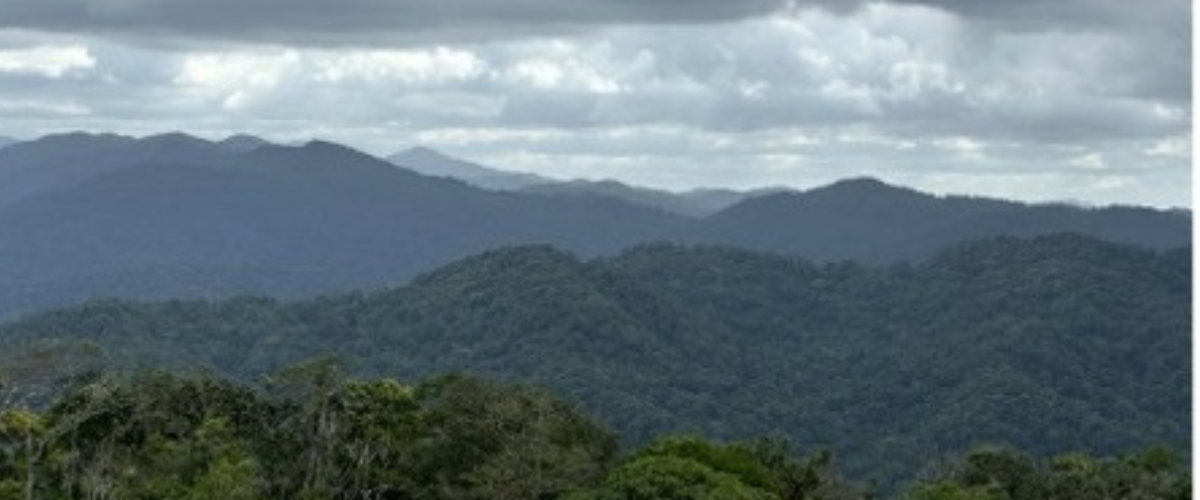
This note presents a series of reflections on the participation of the Comarcas, partners of the Mesoamerican Alliance of Peoples and Forests (AMPB), in the Small Grants initiative of the European Union project, within the framework of DeSIRA. Both Comarcas prioritize the protection of their forests and mainly the control of the advance of the cattle-agricultural frontier normally linked to the "Colonos and/or Latinos" (local colloquial name for non-indigenous mestizo outsiders).

MARKET PROFILES OF SUSTAINABLE ALTERNATIVES CARRIED OUT BY IATTC IN LARGE FORESTS
by International Center for Tropical Agriculture (CIAT)
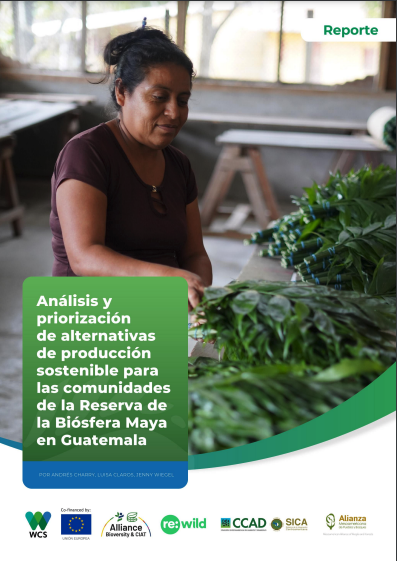
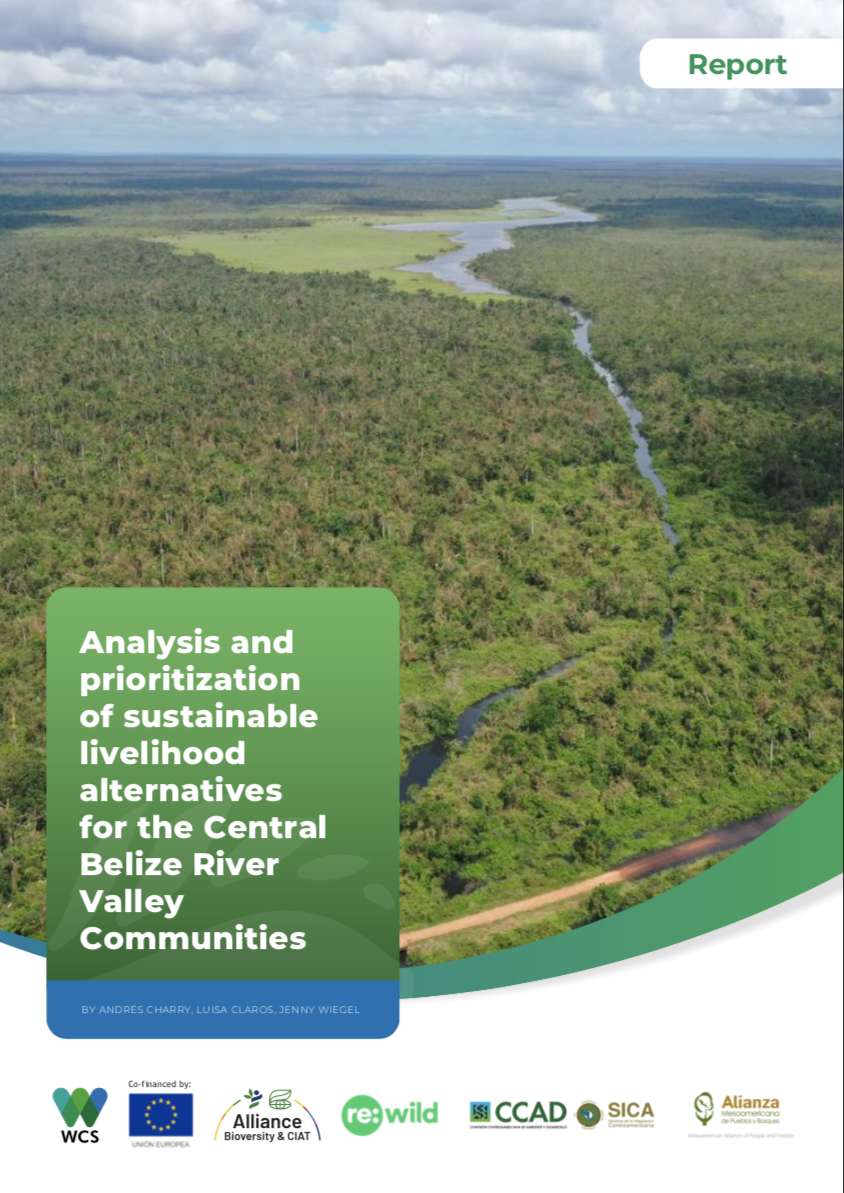

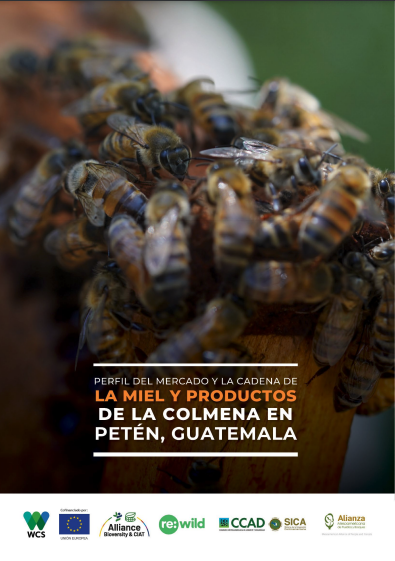
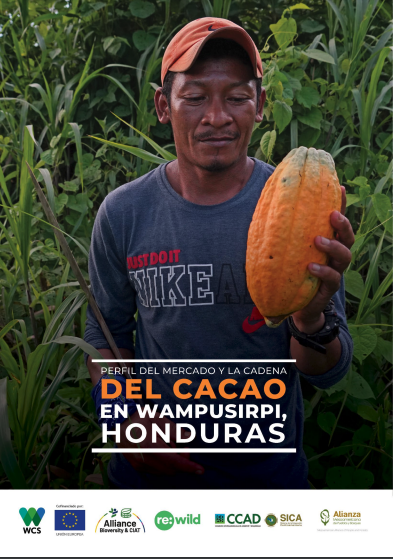
Forest conservation depends on multiple factors, including adequate living conditions and sustainable economic development opportunities for the communities living in and around the forests. For this reason, under the framework of the European Union DeSIRA project, the International Center for Tropical Agriculture (CIAT) analyzed various productive alternatives in selected sites of the Great Forests of Mesoamerica.

This publication has been funded/co-funded by the European Union. Its contents are the sole responsibility of the authors and do not necessarily reflect the views of the European Union.


